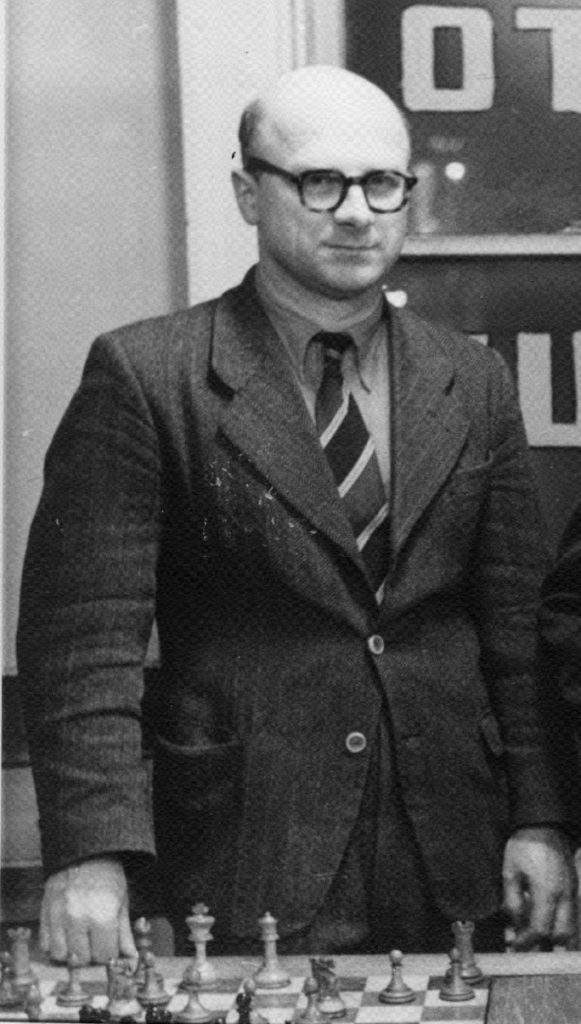The oldest man in Canada is a 110-year-old Hungarian chess player

Change language:
Canada’s oldest man lives in a seniors’ home in Toronto. He was born in Hungary, and lived through two world wars, emigrating after the Second World War, all the while playing chess and becoming a champion first in Hungary, then in Canada. 24.hu reports on The Globe and Mail’s interview with Zoltán Sárosy.
On June 28, 1914, Archduke Franz Ferdinand and his wife Sophie Chotek were assassinated. The event triggered the First World War. Zoltán Sárosy was not yet 8 years old at the time, living with his mother and his military doctor father in a military base on the Adriatic, in the Austro-Hungarian Empire.
“One morning I came out of my room to see my mother packing. She said war is coming, we have to leave within 12 hours,” says Mr. Sárosy. The family made their way to Herzegovina on board a torpedo boat, to Trieste via passenger ship, and finally reached Budapest by train.
[button link=”https://dailynewshungary.com/tag/history/” type=”big” newwindow=”yes”] Read more articles about HUNGARIAN HISTORY[/button]
Today, Mr. Sárosy lives in a seniors’ home in Toronto. He is celebrating his 110th birthday on August 23, which, according to The Globe and Mail, makes him the fourth oldest person in Canada after three women, and the oldest and probably only man who still remembers the beginning of the First World War.
Zoltán Sárosy was born in Budapest in 1906. His chess career started at the age of 10 when he noticed someone playing in a public park.
“I was with my mother and I saw a boy playing chess and I asked, ‘What is that?’ The next day I was back at the park. That boy’s mother wouldn’t let me play with him but I found others,” said Mr. Sárosy.
He played throughout school and at university. He studied international trade in Vienna, graduating in 1928, then he returned to Budapest, and soon became a grandmaster.
“In 1943, I played in the Hungarian championship and gained the Hungarian [chess] master title,” he says.

He served in the Second World War as a volunteer translator, speaking Hungarian and German, while the men of his generation were drafted and sent to the front. However, after the war was over, he fled from Hungary, worried that he might get caught by the Russians for his role in the war as a military translator. He left his wife and daughter in Hungary.
He lived in places all over Europe, from Salzburg to a refugee camp, and finally in Alsace, a German-speaking province taken back by France after the war. In 1950, he discovered that Canada was welcoming immigrants, and he applied.





